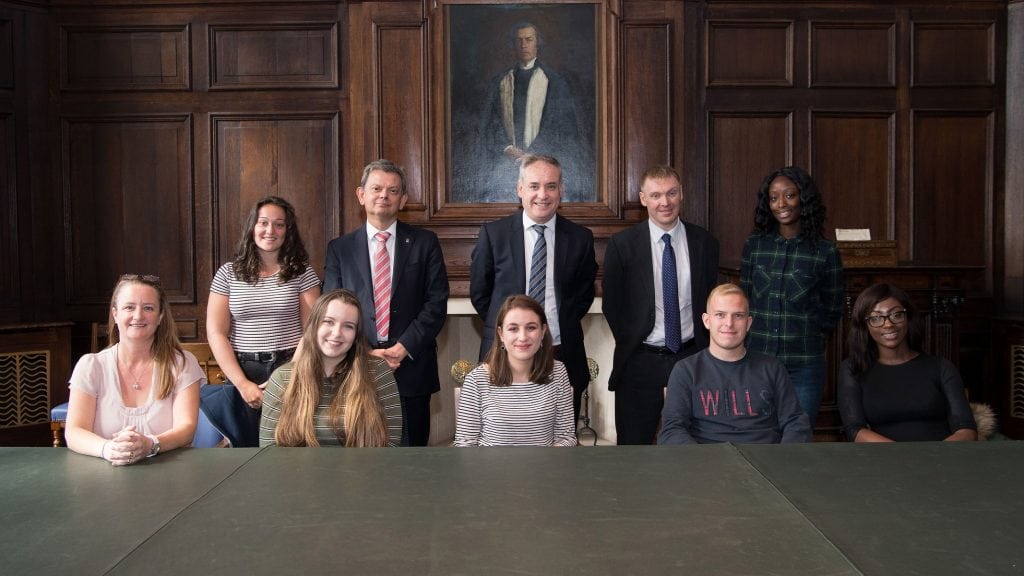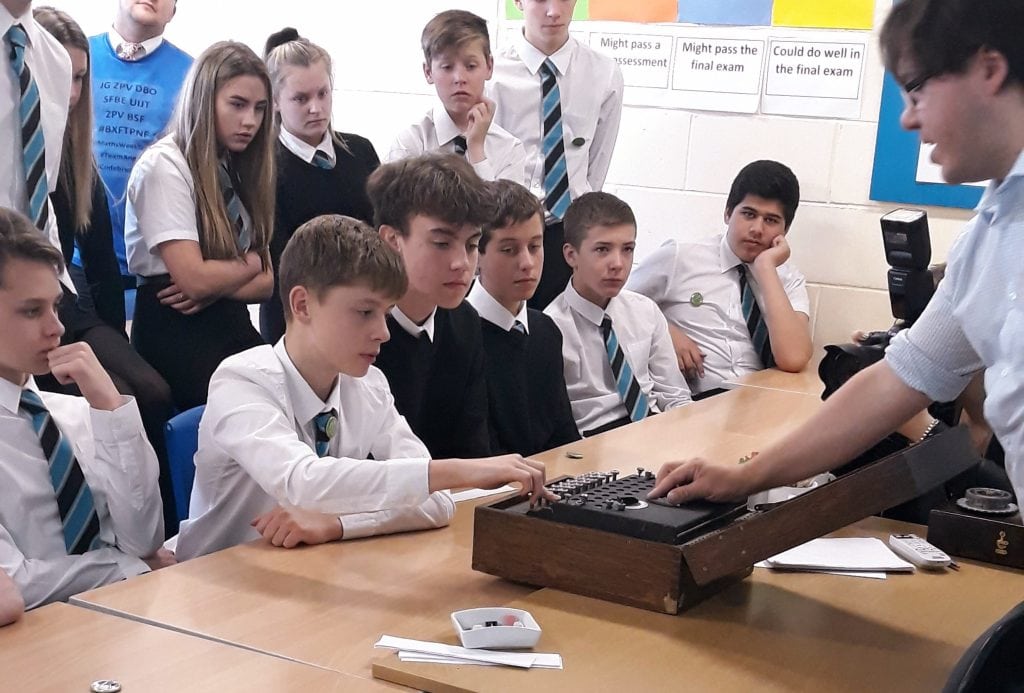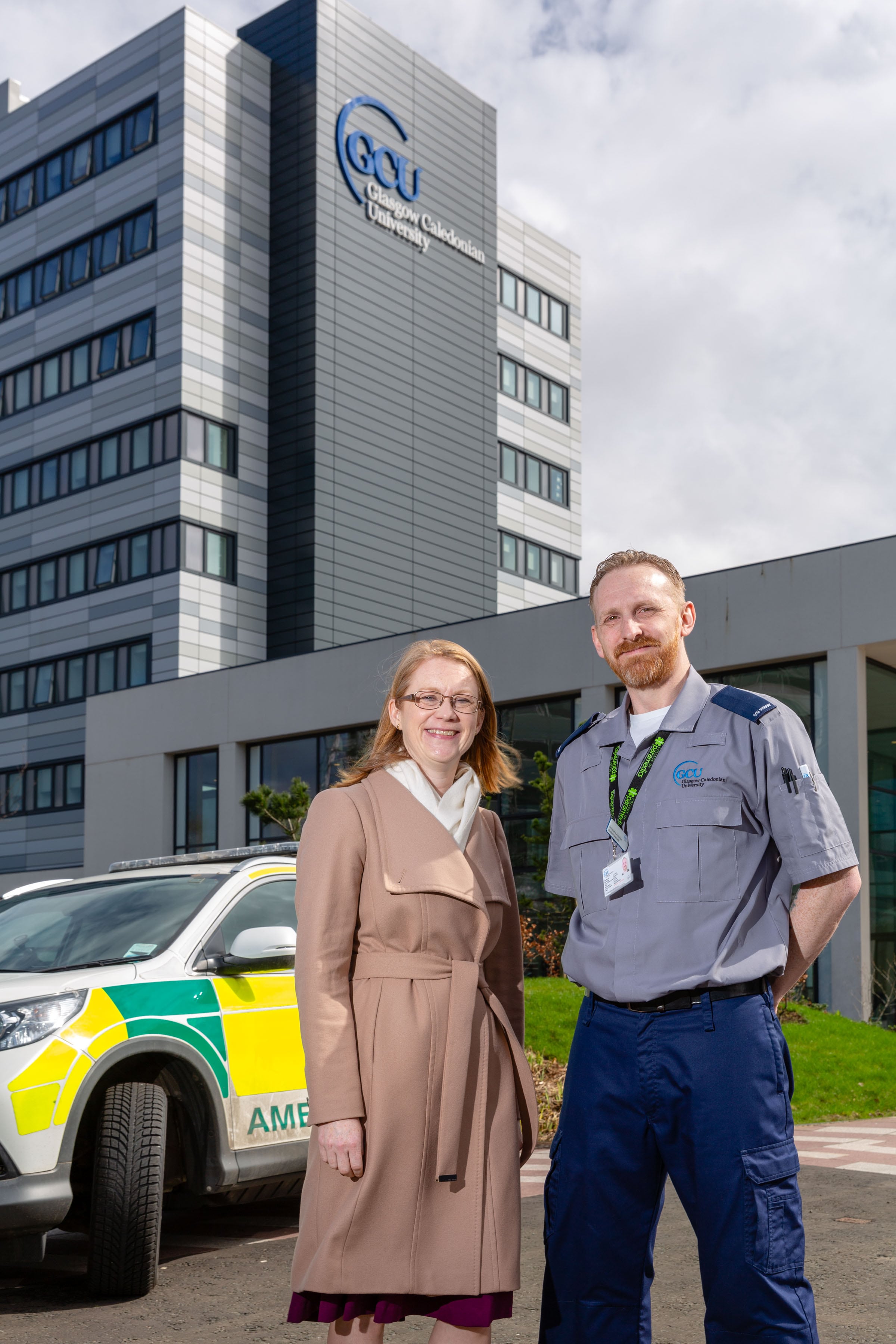A maths magician, a guitar physicist and a codebreaking team from Bletchley Park are among the highlights of Maths Week Scotland, which starts across the country today.
There are hundreds of events, activities and lectures lined up with the aim of bringing numeracy to life and showing the fun side of maths.
Deputy First Minister John Swinney will share a new maths challenge on Twitter every day, created for him by the Scottish Mathematical Council, and BBC Learning have teamed up with Scottish Teacher of the Year Chris Smith to create videos demonstrating how to solve the puzzles.
Mr Swinney said:
“Maths is an essential life skill for everyone to use, enjoy and to be successful – it underpins all aspects of life. Raising awareness about the importance and relevance of maths is vital – particularly as our society is becoming increasingly underpinned by data analysis, science and technology.
“Undoubtedly maths provides the framework for life-changing advances in all of these fields and celebrations like Maths Week Scotland challenge misconceptions and negative attitudes that discourage learners by demonstrating the accessibility, relevance and beauty of maths.
“Maths Week is at the heart of our drive to make Scotland more positive in its attitude towards numeracy and maths. Whether you’re a maths whizz, or haven’t thought about it since your last lesson at school, there is something for everyone, with hundreds of events covering all parts of Scotland, all ages and all sectors of society. I’m looking forward to visiting schools taking part this week and getting involved in the celebrations.”
Excellence and equity in maths and numeracy attainment is central to the Scottish Government’s ambition for continuous improvement in education and to close the poverty-related attainment gap.
Programme highlights:
· The Bletchley Park Education team visiting all secondary schools in Angus to explore maths and code breaking during the Week.
· Maths ‘magician’ Kjartan Poskitt performing in primary schools in Wick, Thurso, Shetland and Orkney (as well as Orkney Library and Orkney Science Festival).
· Maths performer Andrew Jeffrey performing in secondary schools in Perth, Pitlochry, Kingussie and Inverness.
· An event for S5 girls in Edinburgh on the importance of maths from Heriot Watt and Edinburgh Universities and the International Centre for Mathematical Studies.
· A Maths Circle for children, families and young people at Edinburgh University on Saturday 15 September.
· The UK Mathematical Trust 2-day maths event for secondary pupils in partnership with Strathclyde University.
· The Strathclyde Science Scouts will be visiting schools during the week for maths games and adventures.
· The University of Glasgow have created a day of maths activities and talks activities for s3-6 pupils to attend.
· Learning Links and Heather Reid will present to adult education practitioners at Glasgow Science Centre on exploring climate change using numbers and maths.
· Heriot Watt University are holding a session on the Maths of Social Media for higher and advanced higher pupils.
· The West Partnership are holding a numeracy and maths all-day staff conference to launch Maths Week on Saturday 8 September. It’s fully booked.
· University of Edinburgh are hosting an evening event for maths teachers with a range of speakers including Scottish Teacher of the Year 2018 Chris Smith and the Deputy First Minister and Cabinet Secretary for Education and Skills, John Swinney MSP.
· St Andrews University are giving lectures in 3 local schools and will also be hosting a viewing of their special collection of ancient mathematical texts and pairing this with a lecture.
· Dr Emily Grossman, an expert in molecular biology and genetics, will visit Grange Academy in Kilmarnock to inspire a group of S3 students about the exciting opportunities for young people (and especially girls) following careers in Maths and Science.
· The National Museum have built maths into their solar and wind power workshop for p5-7 pupils and created an associated maths resource for teachers.
The post Numbers add up as Maths Week kicks off with hundreds of events appeared first on Engage for Education.
 Responding to today’s Times Higher Education World University Rankings 2019, Higher Education Minister Richard Lochhead said:
Responding to today’s Times Higher Education World University Rankings 2019, Higher Education Minister Richard Lochhead said:


 Back in 2015, a group of students and Gender Studies staff jointly hosted a screening of the US documentary, The Hunting Ground, which sparked a series of discussions between senior University staff and students about sexual violence in universities. Following those discussions, a strong commitment to jointly take action at Stirling emerged.
Back in 2015, a group of students and Gender Studies staff jointly hosted a screening of the US documentary, The Hunting Ground, which sparked a series of discussions between senior University staff and students about sexual violence in universities. Following those discussions, a strong commitment to jointly take action at Stirling emerged. Since we launched the strategy, we’ve been working hard. Some of our achievements so far include:
Since we launched the strategy, we’ve been working hard. Some of our achievements so far include:
 olds by 2019.
olds by 2019.